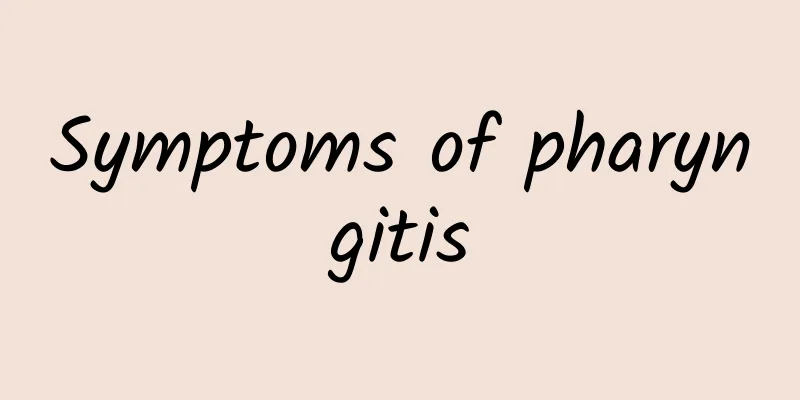What causes asthma? You need to know

|
The causes of asthma are very complex, but there is a certain relationship between asthma and genetics, and environmental factors can also cause asthma. Asthma can be very serious in places with bad air, but the symptoms of asthma will be alleviated in places with good air. (1) Genetic factors The relationship between asthma and genetics has attracted increasing attention. Based on family data, most early studies believed that asthma was a single-gene genetic disease. Some scholars believed that it was an autosomal dominant inheritance disease, while others believed that it was an autosomal recessive inheritance disease. Asthma is currently believed to be a multi-gene genetic disease with a heritability of approximately 70% to 80%. (B) Triggering factors: the formation and recurrence of asthma. 1. Inhaled substances Inhaled substances are divided into specific and nonspecific types. The former include dust mites, pollen, fungi, animal dander, etc.; non-specific inhalants include sulfuric acid, sulfur dioxide, chloramine, etc. Specific inhalants of occupational asthma include toluene diisocyanate, phthalic anhydride, ethylenediamine, penicillin, protease, amylase, silk, animal dander or excrement, etc. In addition, non-specific ones include formaldehyde, formic acid, etc. 2. The formation and onset of infectious asthma are related to repeated respiratory tract infections. Asthma patients may have specific IgE to bacteria, viruses, mycoplasma, etc., and inhaling the corresponding antibiotics may trigger asthma. 3. Food-induced asthma attacks due to diet are common in asthma patients, especially infants and young children who are prone to food allergies, but this phenomenon gradually decreases with age. The most common foods that cause allergies are fish, shrimp, crab, eggs, milk, etc. 4. Climate change: Changes in air temperature, temperature, air pressure and/or air ions can induce asthma, so it is more common in cold seasons or when the climate changes in autumn and winter. 5. Mental factors: The patient's emotional excitement, nervousness, resentment, etc. can trigger asthma attacks. It is generally believed that it is caused by cerebral cortex and vagus nerve reflex or hyperventilation. |
<<: What can't you eat if you have gallbladder polyps? Remember these dietary taboos
>>: Symptoms of allergic purpura, 5 symptoms to watch out for
Recommend
Why does it hurt when I open my mouth?
If you open your mouth wide and feel pain near yo...
Sudden decrease in appetite?
If we have a good health awareness, we can detect...
How to treat sweaty feet and white soles?
Sweating feet is a situation that many people enc...
What medicine is better for viral colds?
Patients with viral colds cannot lack the use and...
What should you pay attention to when treating asthma?
There is no absolute cure for asthma, but as a ch...
What are the effects and functions of chicken gizzard lining
Chicken is a common meat in our daily life, and i...
Can rock sugar be added to Chinese medicine?
Traditional Chinese medicine is quite bitter in t...
Can I soak my feet in hot water during menstruation?
I am very busy at work every day, and when I get ...
Bench press shoulder blade tightening technique
When doing the bench press, the shoulder blades s...
Benign features of spindle cell tumors
Spindle cell tumor mainly refers to a tumor compo...
How to regulate endocrine disorders
In life, we often see some people who are overwei...
Tinnitus treatment, Chinese medicine remedies keep you away from tinnitus
Tinnitus refers to the presence of noise in the e...
Why do my eyes hurt when I put in eye drops?
With the popularity of mobile phones in today'...
Two types of photochrome
Photochrome is an element present in plants, gene...
What are the signs of anorexia?
Anorexia is a relatively common disease, which is...









